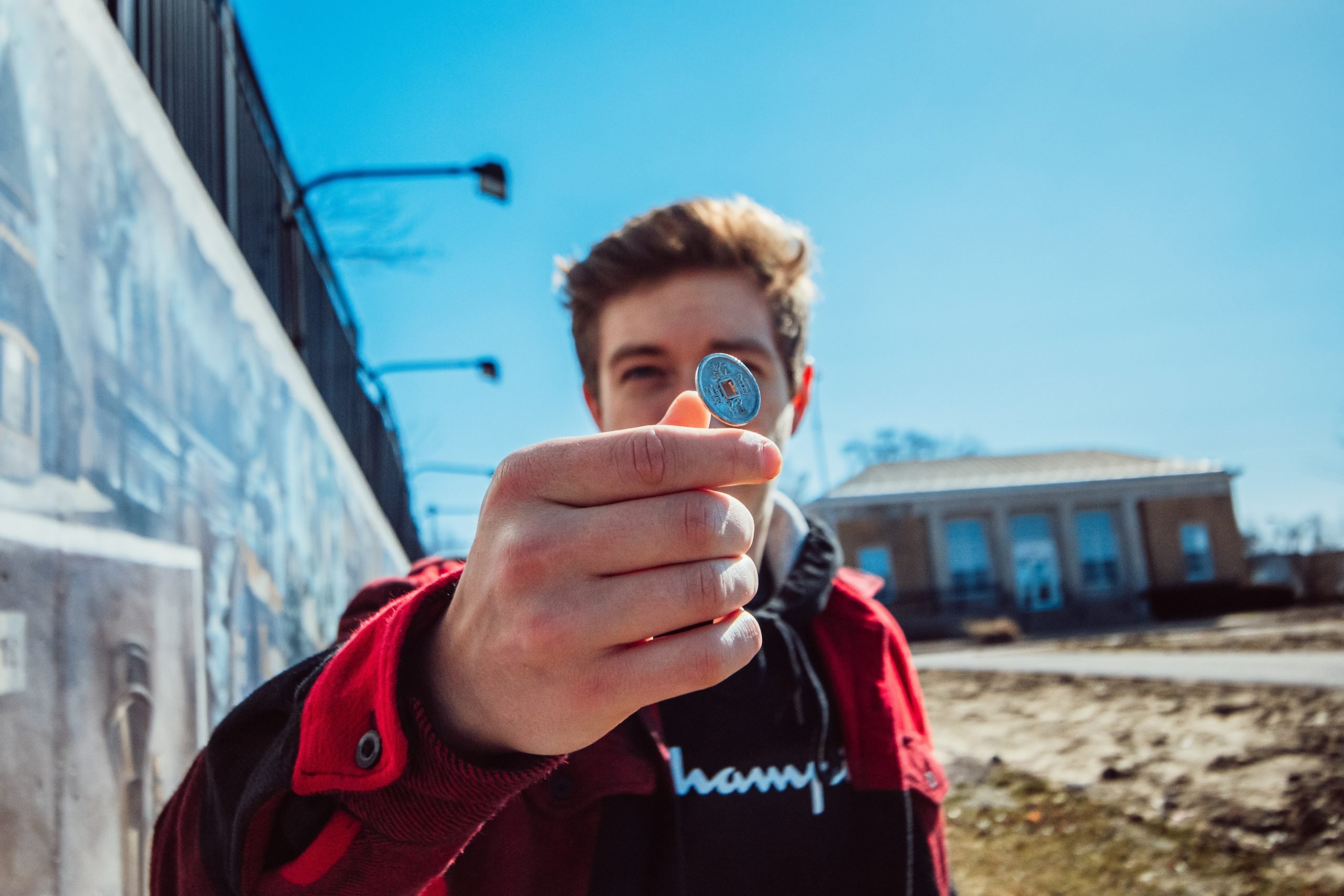DeFi Centralization issue is a great pain in Crypto purists’ decentralization minds. MakerDAO community elected to have a portion of DAI’s peg to the Centralized US Dollar pegged stablecoin, USDC amidst the brutal mid-March coronavirus market crash. Now, an Ethereum address holding $100K worth of USDC is on a deny list by CENTRE. Centre is the company that issues USDC for a US dollar and makes it come into existence into the public blockchain.
Defi Centralization issue
DAI is the only aspiration for true decentralization amidst most stablecoins like USDC, GUSD, BUSD, USDT that follow centralization principles. Suddenly, MakerDAO’s DAI does not show as much decentralization crypto enthuisasts may like to have. A transaction hash on Etherscan stipulates that CENTRE actually implements a deny function on the address, freezing the funds in an instant. As a result, people have questions on their mind if DAI is the decentralization solution to look forward to.
Aave‘s (formerly ETHLend) CEO says, imagine, what if some of the USDC in deny list is resting as collateral in a Maker vault. When users store their Cryptocurrencies, they get DAI. If Centre uses the deny function, then you have no chance retrieve your funds from the vault. This can seriously undermine the stability of DAI to maintain its hook to the dollar. DAI is a stablecoin because it tries to maintain the same value as 1 US dollar will.

Crypto enterprises have to comply with law and guidelines, even though they operate in a grey area without clear regulations from SEC and Congress. The dream of what if USDC blacklists comes true and breaks true decentralization motives of Centre.
Is Law Compliance the Cause of Centralization?
The law may want businesses to maintain this control. This limits the potential of decentralization when those businesses interconnect to permissionless blockchains or networks. USDC is a decentralization fallacy even though it runs on public blockchain with users controlling their funds.
In order to work with law compliance, CENTRE wants to retain the authority to punish accounts dealing with bad things. Defi Centralization issue takes prime importance here.
Crypto Unicorn exchange Coinbase and Circle who jointly form the Centre Organization, confirms they will be going after malfeasance. This is evidently the never seen before denying activity by Centre.
Centre says it has the power to blacklist addresses in two cases. Firstly, power execution occurs if there is a breach of security in the network. Secondly, it occurs if there is a menacing warning to the network.
How does The Largest Stablecoin Tether Fare?
Tether (USDT) has so far denied 39 Ethereum addresses from accessing their funds. This apparently makes millions of dollars on tether blockchain worthless. Nov 2017 is when the intial denying activity takes place.
Tether has the largest market capitalization of all stablecoins in Cryptocurrencies. Centre and Tether is at odds with decentralization motive, by taking the power to deny transactions. While the cause of working with law agencies is noble, this can easily be misused. Crypto is all about removing trust on a third party.
